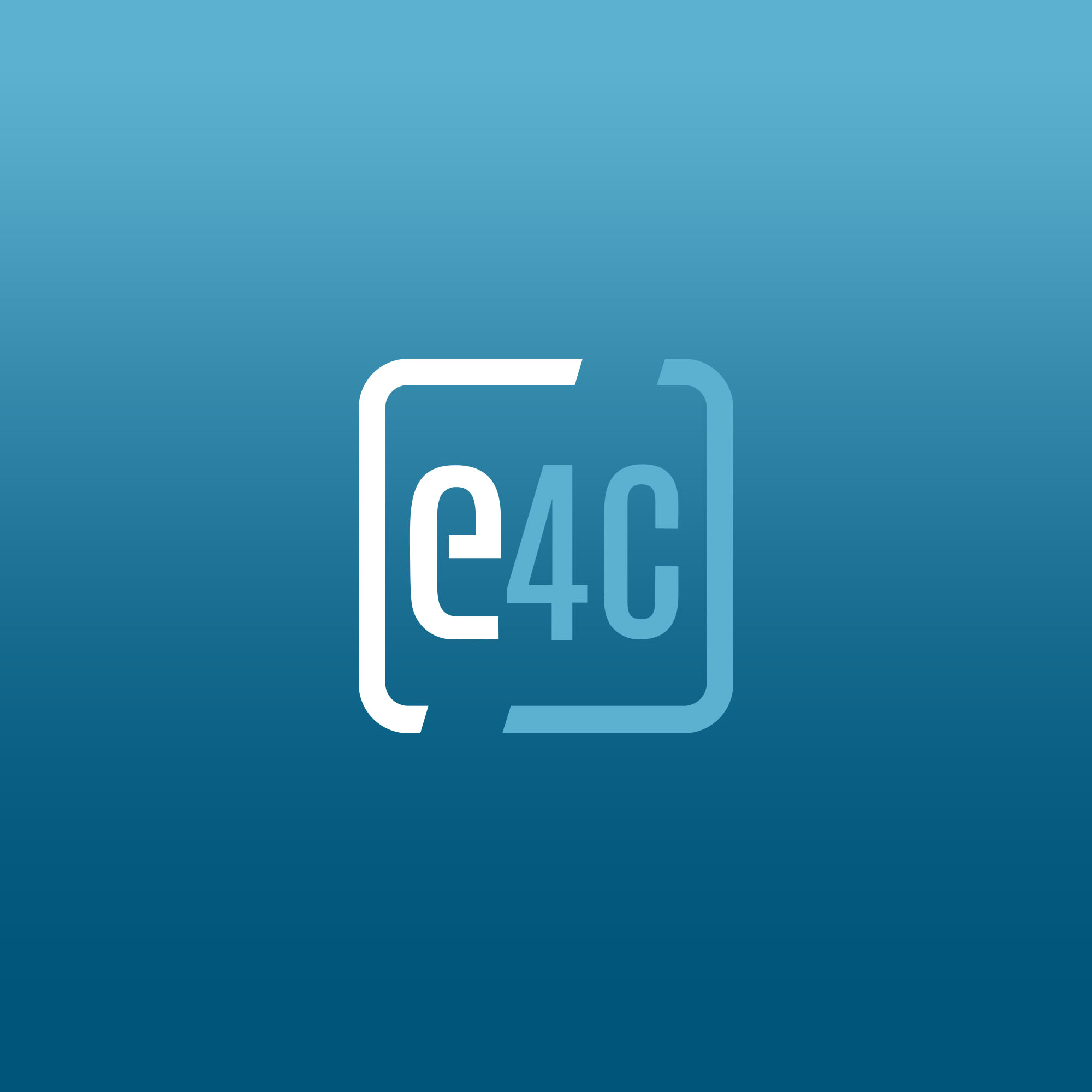We present our twice-monthly snapshot of interesting tweets in the technology for global development space. For up-to-the-minute updates from E4C on Twitter, please follow us at @Engineer4Change.
Most useful tweet of the day…? 20 mobile apps for #electricalengineering http://iq.intel.com/makerspaces-building-it-better-with-a-little-help-from-our-friends/ … by @upverter #EngineeringDesign
— Engineering 4 Change (@engineer4change) September 25, 2014
It’s not new to the Internet, but it was new to us and this might be useful to the right person.
Build more prototypes… hardware advice from @BenEinstein https://medium.com/@bolt/build-more-prototypes-c0d3f2efc2fe … #design #startup #prototype
— Engineering 4 Change (@engineer4change) September 24, 2014
There aren’t many people focused on the hardware itself in #ICT4D. It was astounding to see that electricity is so important – #E4CWebinars
— Engineering 4 Change (@engineer4change) September 24, 2014
We tweet notes from our monthly webinars, and this month’s presentation was on the results of a survey on the challenges that confront Internet and communications hardware in developing countries. Electricity problems was the breakout complaint, far more commonly mentioned than any other issue.
We promote buying computer & #ICT equipment locally. That solves the long-term maintenance problem – Baikie / #E4CWebinars
— Engineering 4 Change (@engineer4change) September 24, 2014
Buying ICT equipment locally can solve the problem of maintenance and the availability of spare parts.
“The best tech needs no support. It just works” – prevailing opinion from #ict4d hardware in developing countries survey #E4CWebinars
— Engineering 4 Change (@engineer4change) September 24, 2014
Why tech support shouldn’t be necessary (in an ideal situation).
Bugs and geckos ruin #Ict4d hardware in developing countries. Passive cooling (no fan) can help – Bruce Baikie / @inveneo / #E4CWebinars
— Engineering 4 Change (@engineer4change) September 24, 2014
Not issues that you usually think about until they happen to you.
4 med devices by college kids MT @jordanschermer: My capstone design project is the header of a @FastCoExist page http://www.fastcoexist.com/3035653/4-smart-medical-devices-that-could-save-lives-all-built-by-college-students …
— Engineering 4 Change (@engineer4change) September 24, 2014
Jordan Schermerhorn, a contributing editor at E4C, saw one of her projects featured in a medical device roundup at FastCoExist.
RT @ithorpe: UNICEF launches #RapidPro an open source app store for international development http://ow.ly/BLLnD
— Hapee (@hapeeg) September 22, 2014
North America’s largest 100% biomass-fueled power plant opens in Canada. Read more here: http://buff.ly/XFmtVQ
— PresSure Products (@pressureproduct) September 18, 2014
Love this… MT @yorkshiretonyc: 3D printers from ewaste in Togo – #maker @senamekoffi #woelab
— Engineering 4 Change (@engineer4change) September 20, 2014
— iana (@iana_aranda) September 19, 2014USAID’s Power Africa program advertises well at the Innovation Marketplace in DC today / @globaldevlab #endpoverty
— Engineering 4 Change (@engineer4change) September 19, 2014New malaria diagnostic method: tiny pinprick of blood and a MAGNET. Whaaaaaaat. http://www.theguardian.com/global-development-professionals-network/2014/sep/12/breakthrough-in-rapid-diagnostics-using-magnets-to-test-for-malaria?CMP=twt_gu …
— Jordan Schermerhorn (@jordanschermer) September 16, 2014Successful innovations of the future will include reuse & recycling & serve a social purpose – Charles Leadbeater http://www.irishtimes.com/business/innovation-must-address-the-big-social-challenges-1.1919115 …
— Engineering 4 Change (@engineer4change) September 15, 2014

